Smartphones have come a long way over the past decade, and they've evolved to a point where even a two-year-old model is still plentiful for most people. Therefore, if you purchased a new phone in the last year or so, you're nowhere near the prime time for an upgrade.
Unless you have the cash to burn or have damaged your current phone beyond repair, you don't have much of a reason to buy a new one. This applies whether you own an iPhone or an Android device.
Here are five reasons why you don't need to upgrade your smartphone every year.
1. Smartphones Only Get Incremental Upgrades Today
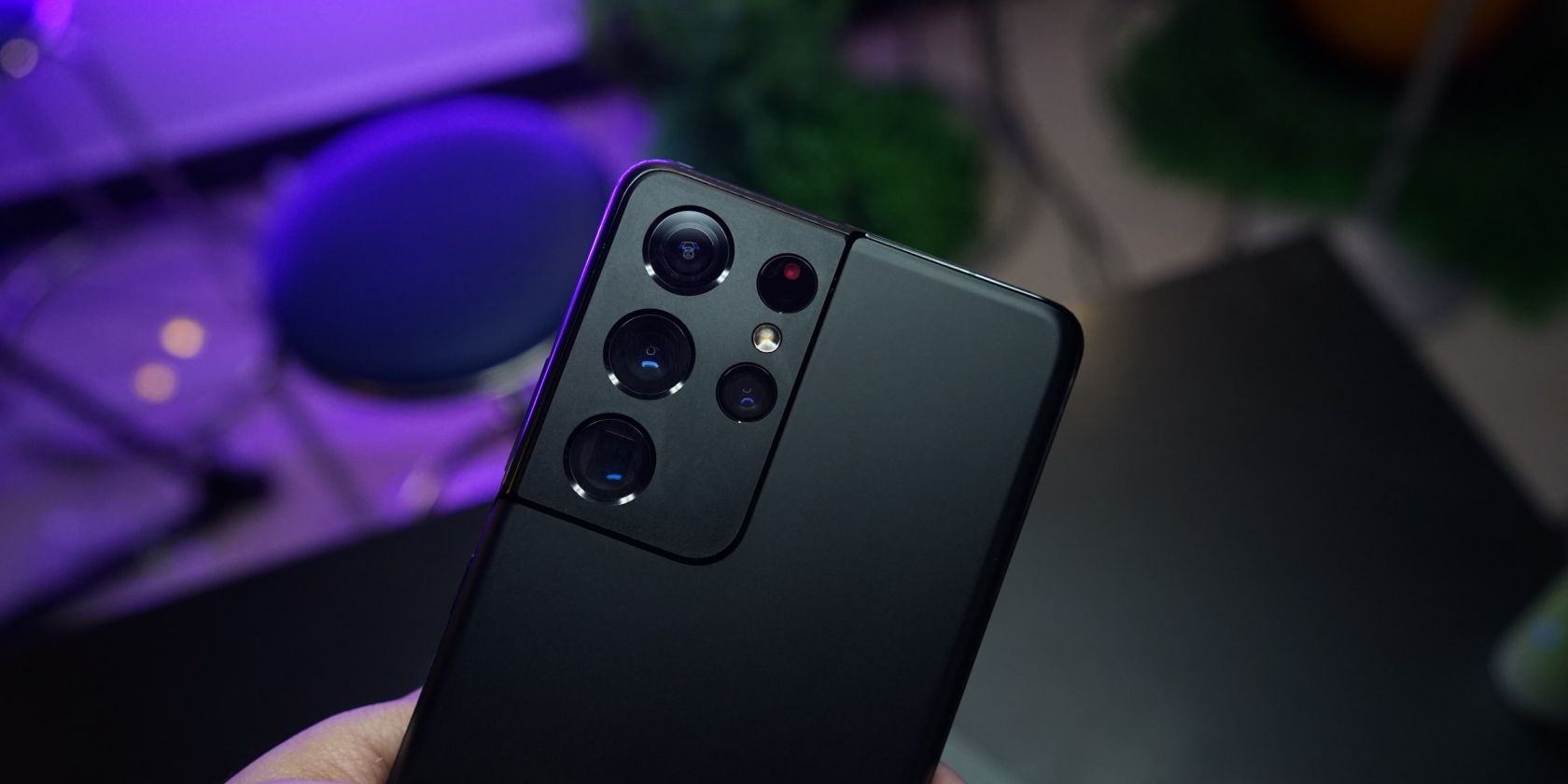
In the early days of smartphones, we saw significant feature upgrades year after year. Larger and higher-resolution screens, generational camera upgrades, noticeable speed improvements, and so on.
While smartphones today still get some of these features, the changes aren't really noticeable in real-world use. Manufacturers keep claiming that they've improved the cameras, but the final picture often doesn't look that different from the outgoing model.
Most mid to high-end smartphones today take good pictures. To really notice the minor differences between a great smartphone camera and a good one, you need a sharp eye for detail. It looks like smartphone hardware has advanced to the point that any changes manufacturers add seem incremental at best.
Wireless technologies like 5G and Wi-Fi 6 are nice to have on smartphones, but they aren't a necessity. Of course, you'd see the bump in speeds if you perform a speed test, but in practical scenarios like watching a video, you would struggle to notice the speed improvements over LTE.
2. Your Smartphone’s Battery Is Good for at Least Two Years
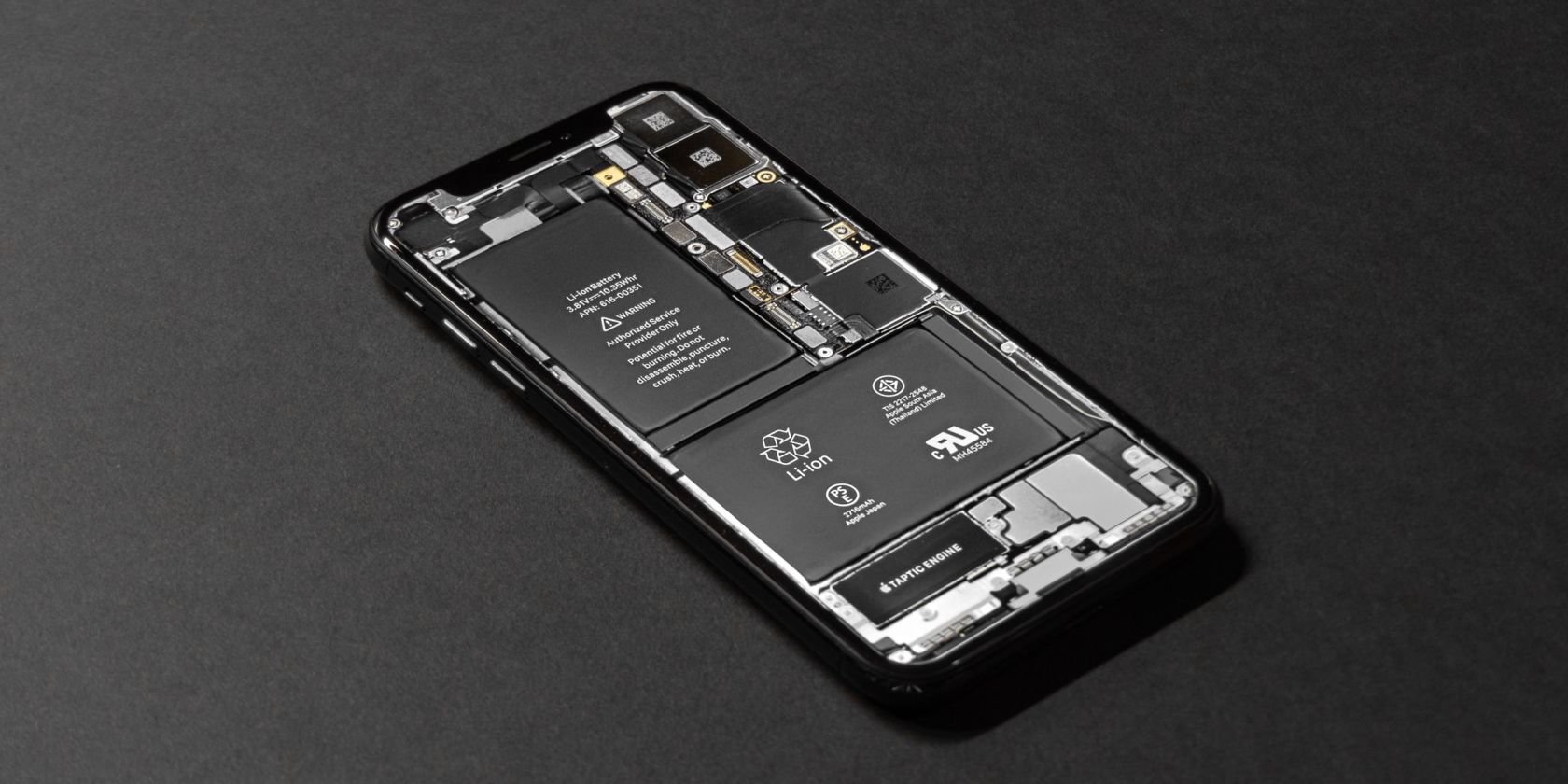
The lithium-ion batteries used in smartphones are known to deteriorate over time, but that doesn't mean you have to change your phone simply because it's a year old.
In the vast majority of cases, your smartphone's battery will perform at the optimal level for at least two years since purchase. And if it doesn't, you might need to change your approach to charging your device.
Let's take a look at iPhones, for example, since you get a clear idea of their battery health. They manage to retain 80% of the maximum battery capacity after two years of usage on average. This means that if your device is rated for 10-hour battery life, you'll still get roughly nine hours on a full charge when it's a year old. So, it's not nearly as bad as you think.
However, if that one extra hour matters to you, you can get the battery replaced by paying a nominal fee that ranges anywhere between $40 and $80, depending on the phone you have. Why pay hundreds (or even thousands!) of dollars on a new phone just for some battery improvements?
3. Your Smartphone May Get Software Updates for Many Years
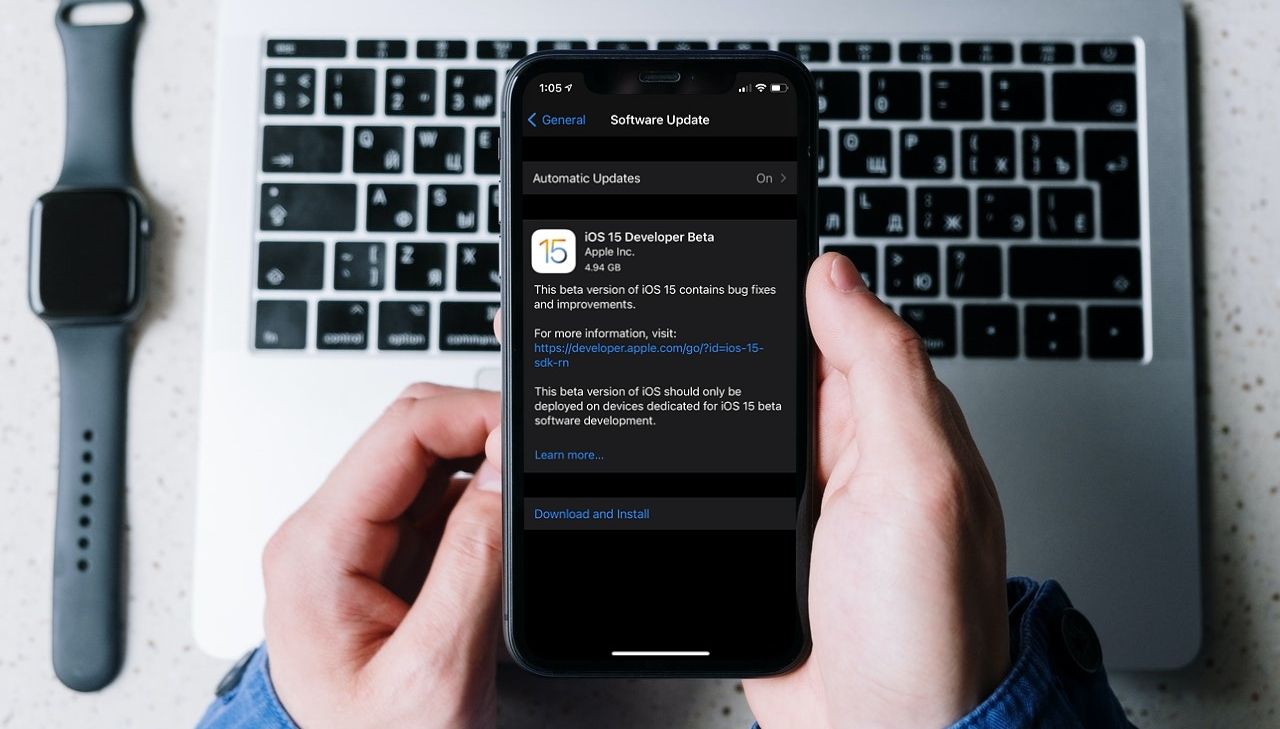
If you purchased a high-end smartphone, the chances are that your device would receive software updates for at least two years. When it comes to Android smartphones, this varies depending on the manufacturer's update policy. Popular brands like Samsung and OnePlus promise two or three Android OS updates along with an additional year of security updates.
Having said that, no company matches Apple when it comes to software updates. The iPhones get OS updates for multiple years after release. Apple doesn't give an exact number, but it's roughly five to six years in most cases. A prime example would be the iPhone 6S, which came out in 2015 with iOS 9 pre-installed. Six years later, the iPhone 6S officially supports iOS 15, with which the model will enter its seventh year of support until 2022.
Hence, if you're planning to upgrade your smartphone to get some software features, keep in mind that your current phone is likely to receive the same features too via a software update. You don't need to buy the latest and greatest model every time a new Android or iOS version comes out.
4. You Aren't Getting Your Money's Worth
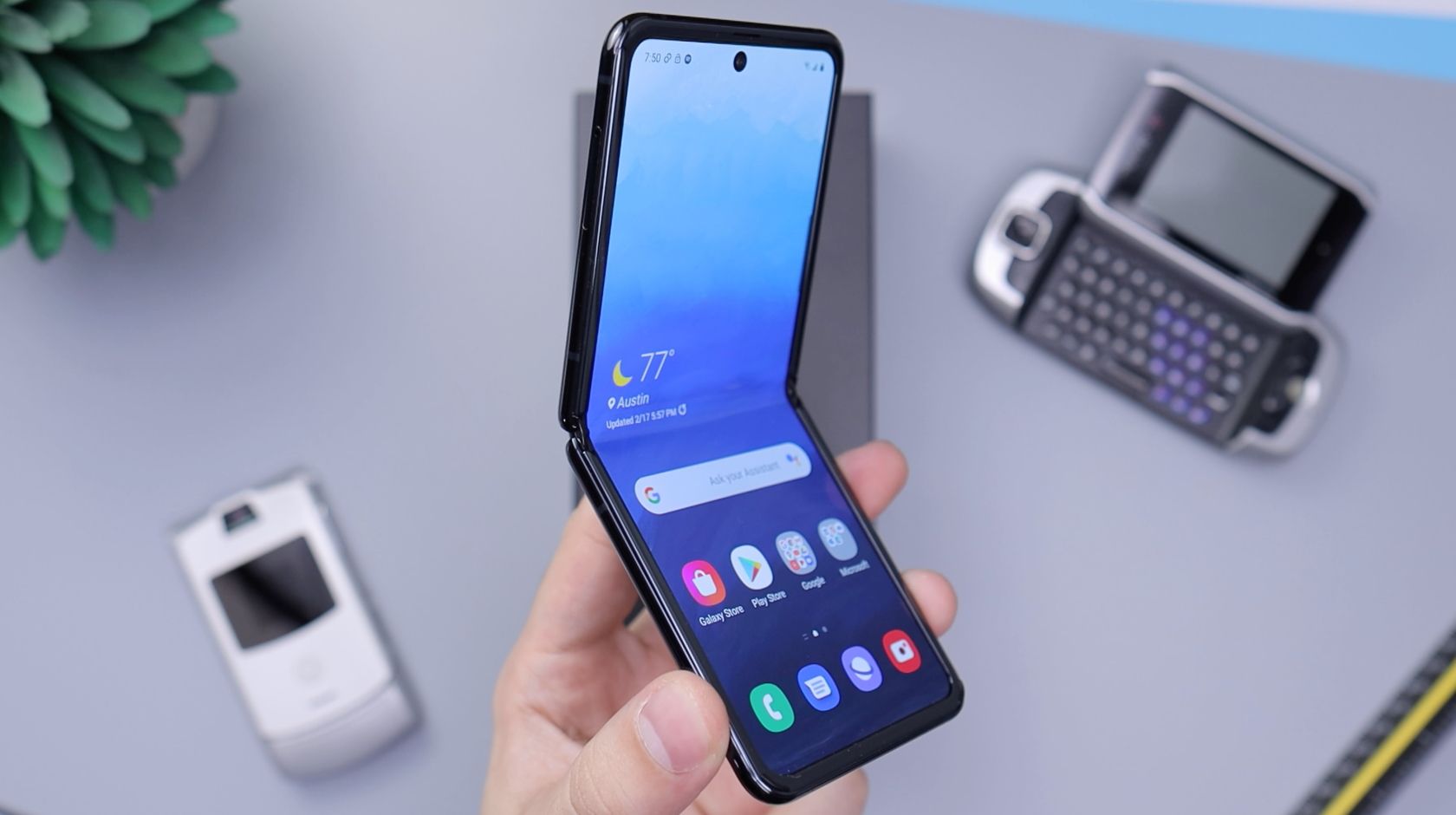
Do you remember the days when flagship smartphones were sold for $600-$700? Well, those days are long gone. In the last few years, smartphones prices have gone up quite a bit, despite all the incremental upgrades. Now, there's a whole new category of ultra-premium smartphones costing over $1,000. Manufacturers label these phones as their flagships.
To put things into perspective, the iPhone 6 Plus, Apple's highest-end iPhone at its time, was priced at $749 unlocked. Fast forward seven years, and for almost the same price, you can only buy the least expensive model in the iPhone 12 lineup—the iPhone 12 mini. To get the best Apple offers today, you'll need to shell out $1,099 for the iPhone 12 Pro Max with base storage.
Now, ask yourself if it's worth spending a grand every year on a new smartphone when all you're getting are minor hardware upgrades that you probably won't notice in the real world. Your answer would be different if you currently own a mid-range smartphone, but if you already own last year's top-end model, you're fine for at least one more year.
Unless you're trading in your current phone, you're certainly not getting your money's worth by upgrading to the latest flagship.
5. You Won't Notice Any Performance Differences
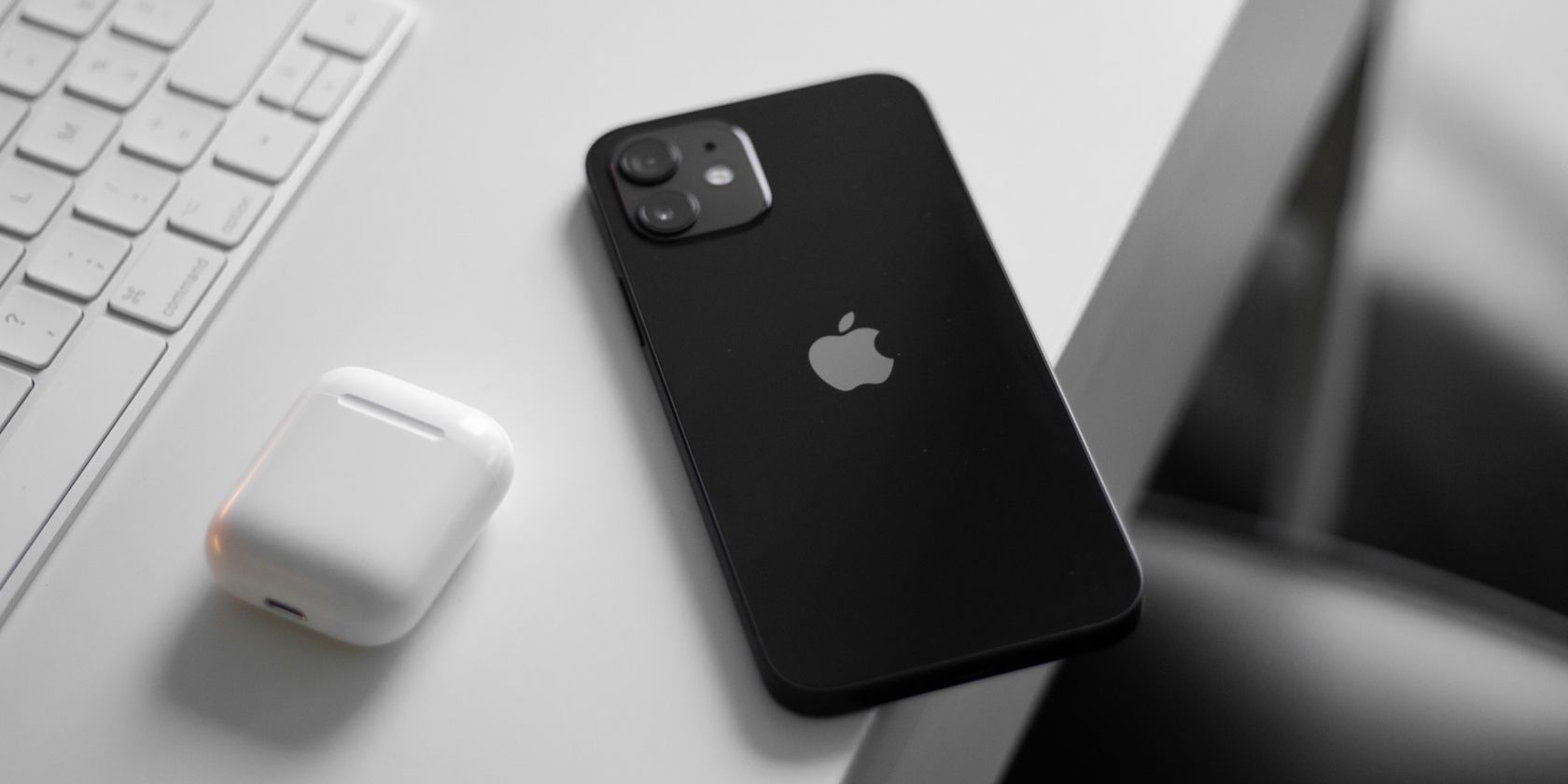
Manufacturers like to boast about hardware specifications, but smartphones have gotten to the point that RAM and processor performance aren't as relevant as they once used to be. Unless you're a multitasking maniac, you absolutely will not notice the difference between a phone with 8GB of RAM and one with 12GB of RAM.
Smartphone processors also improve each year in terms of efficiency and speed, but in reality, the performance difference is imperceivable when you normally use them. If you got a high-end phone last year, you already have a solid processor to handle almost any task for the next year or two. So, don't be persuaded by raw numbers.
Yearly Smartphone Upgrades Are a Luxury, Not a Necessity
No matter what smartphone you buy, the way manufacturers advertise their products will make you feel like your year-old smartphone is outdated already. However, in the vast majority of cases, you don't need that upgrade. Companies often just make you want to do so with their marketing.
The upgrade is justifiable if you currently own a low to mid-range smartphone, but if not, the latest flagship on the market isn't a necessity.
0 Comments